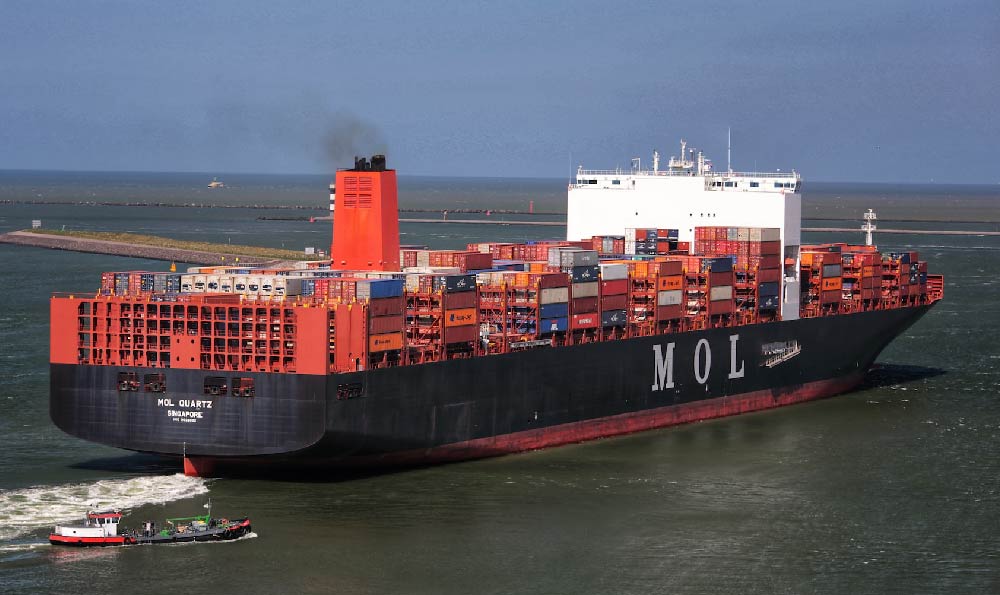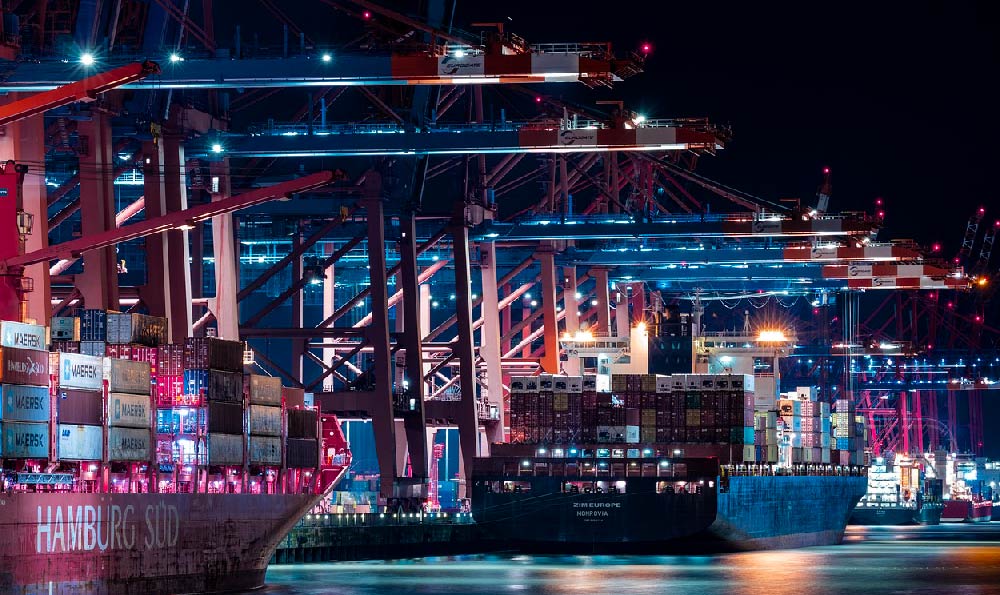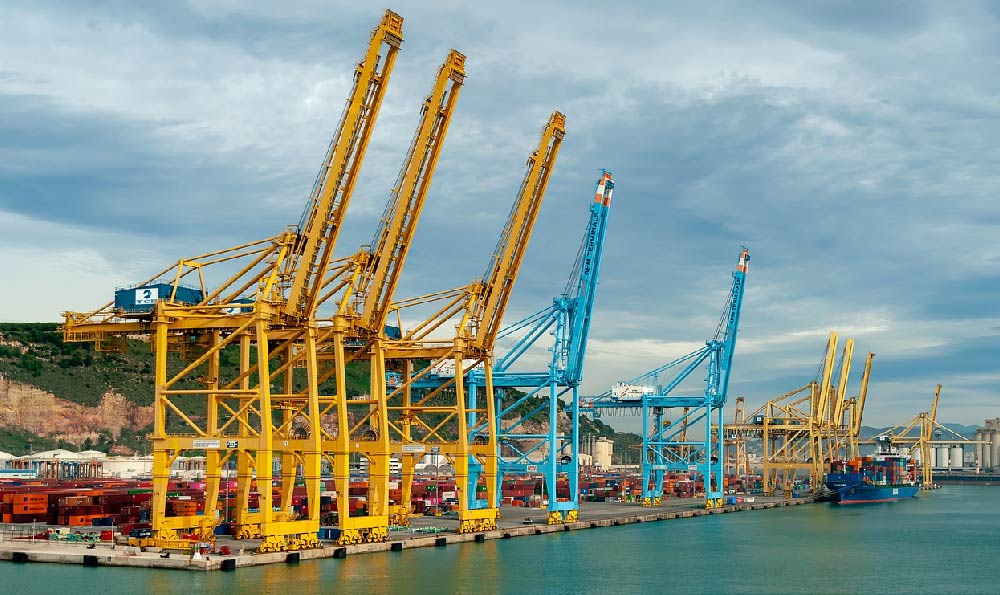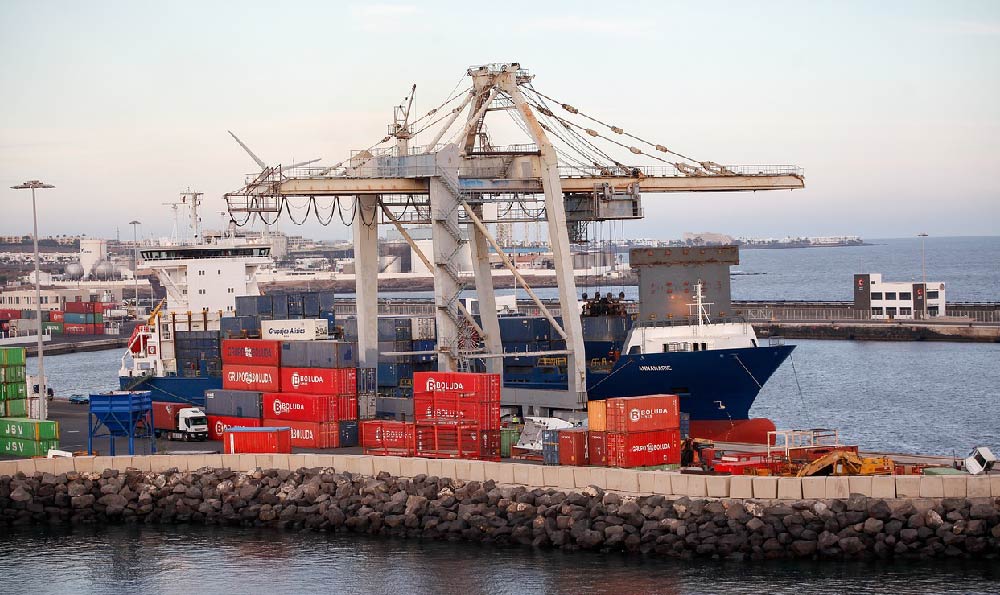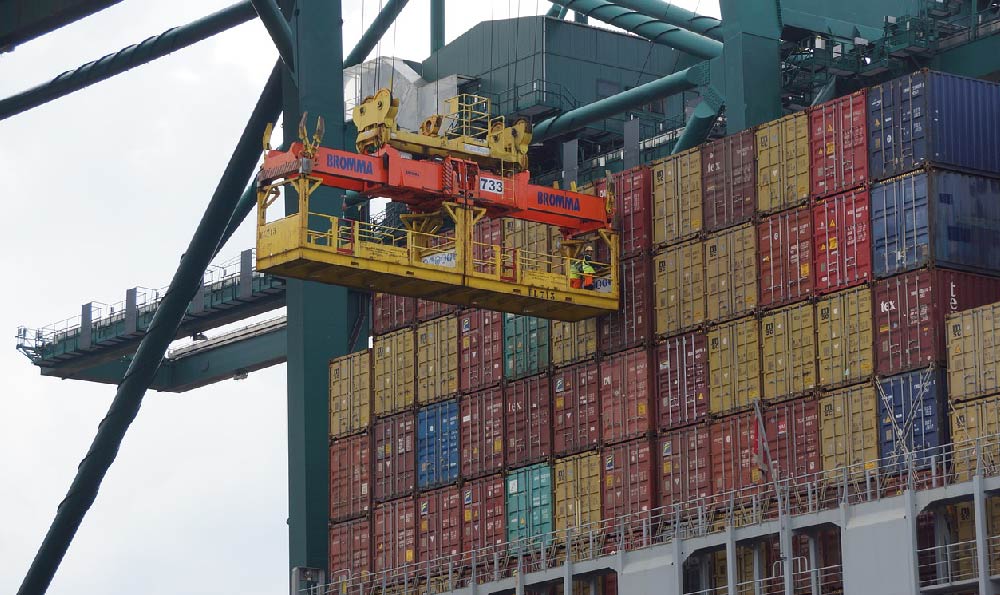
全國物(wù)流快遞行業是我(wǒ)國經濟發展中(zhōng)不可或缺的一(yī)環。近期全國物(wù)流快遞行業出現了嚴重的癱瘓情況。數據顯示,截至全國範圍内有超過80%的物(wù)流快遞企業暫停運營或無法正常開(kāi)展業務,給社會經濟帶來了巨大(dà)的影響。
二、原因分(fēn)析
造成全國物(wù)流快遞癱瘓的原因是多方面的。受新冠疫情的影響,各地出現了大(dà)規模封城、封村(cūn)等措施,導緻人員(yuán)流動受限,物(wù)流運輸受阻。物(wù)流企業在疫情期間面臨員(yuán)工(gōng)缺乏、運力不足等問題,無法滿足市場需求。國際物(wù)流通道也受到了嚴重的影響,國際航班減少、物(wù)流供應鏈斷裂,導緻進出口業務無法正常進行。
三、經濟影響
全國物(wù)流快遞癱瘓給社會經濟帶來了巨大(dà)的沖擊。商(shāng)品流通受阻,導緻市場供應不足,商(shāng)品價格飛漲,給消費(fèi)者帶來了生(shēng)活成本的增加。企業生(shēng)産受限,原材料無法及時供應,造成生(shēng)産線停産,影響了企業的經營狀況。物(wù)流癱瘓還導緻了企業間的交流合作困難,加大(dà)了企業間的競争壓力。
四、政府應對措施
針對全國物(wù)流快遞癱瘓的問題,政府應采取積極有效的措施來應對。加強疫情防控,控制疫情傳播,爲物(wù)流快遞行業提供安全運營的環境。政府應加大(dà)對物(wù)流快遞企業的支持力度,提供必要的物(wù)資(zī)和運力保障,幫助企業渡過難關。政府還可以提供财政支持,爲企業提供貸款、減免稅費(fèi)等措施,減輕企業負擔。
五、行業調整與創新
在應對全國物(wù)流快遞癱瘓的過程中(zhōng),行業需要進行調整與創新。物(wù)流快遞企業應加強内部管理,提高運力利用率,優化物(wù)流網絡,提升服務水平。行業可以加強與互聯網、電(diàn)商(shāng)等領域的合作,推動物(wù)流技術的創新和應用,提高物(wù)流效率。行業還可以加強與國際物(wù)流企業的合作,拓寬國際物(wù)流通道,降低國際物(wù)流的風險。
六、未來展望
盡管全國物(wù)流快遞行業目前面臨困難,但我(wǒ)們應保持樂觀态度。随着疫情的控制和經濟的複蘇,物(wù)流快遞行業将逐步恢複,并迎來新的發展機遇。政府、企業和社會各界應共同努力,加大(dà)對物(wù)流快遞行業的支持和關注,共同推動行業的快速發展。
全國物(wù)流快遞行業的癱瘓給社會經濟帶來了巨大(dà)的沖擊,原因在于新冠疫情影響、人員(yuán)流動受限、運力不足等多方面因素。政府應積極應對,提供支持和保障,行業也需要進行調整與創新,加強内部管理,推動技術應用。展望物(wù)流快遞行業将逐步恢複,并迎來新的發展機遇。
快遞物(wù)流癱瘓用英語怎麽說
The Impact of Paralyzed Express Delivery and Logistics What is the English Translation
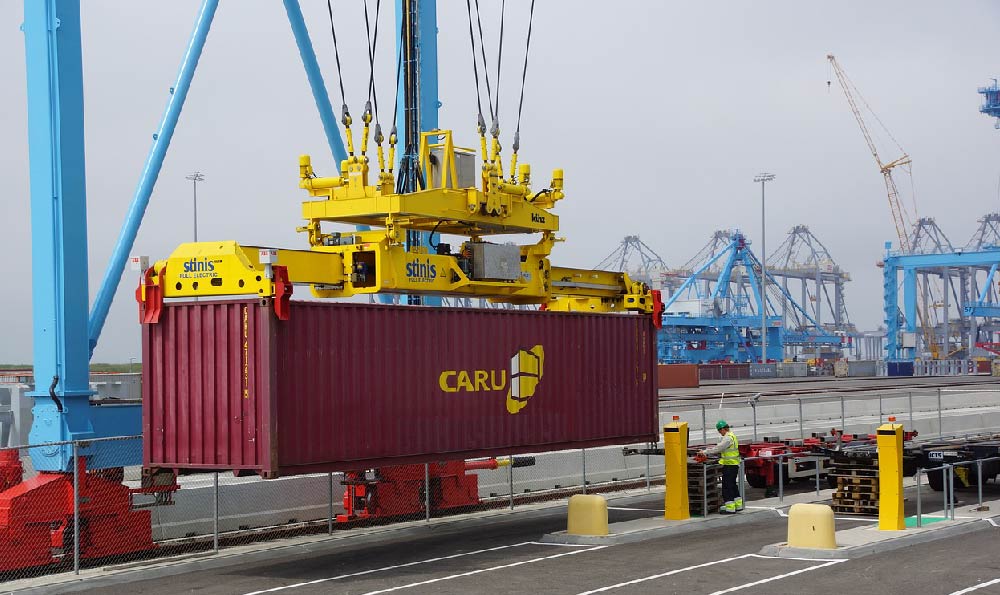
Introduction
Express delivery and logistics play a vital role in today's fast-paced society. However, when these services come to a standstill, it is important to understand how to convey the term "快遞物(wù)流癱瘓" in English. This article aims to provide a clear, objective, and professional explanation using methods such as definition, classification, examples, and comparisons.
Paralyzed Express Delivery and Logistics The English Equivalent
When express delivery and logistics face a state of paralysis, it can be translated into English as "paralyzed express delivery and logistics" or "shutdown of express delivery and logistics." This term accurately reflects the temporary or complete halt of operations in the fast and efficient transportation of goods and necessary supplies to their intended recipients.
Causes of Paralyzed Express Delivery and Logistics
There are various causes that can lead to the paralysis of express delivery and logistics. One primary cause is extreme weather conditions, such as hurricanes, blizzards, or heavy rainfall, which make it unsafe or impossible for delivery vehicles to traverse roads or for airplanes to take off and land. Another cause can be labor strikes initiated by delivery personnel or warehouse workers, resulting in halted operations and delayed deliveries. Additionally, natural disasters, political unrest, or global pandemics can also contribute to the paralysis of express delivery and logistics.
Consequences of Paralyzed Express Delivery and Logistics
The consequences of express delivery and logistics paralysis can be far-reaching. Firstly, businesses heavily dependent on efficient supply chains may experience disrupted production, decreased customer satisfaction, and financial losses. Secondly, individuals reliant on express delivery services for urgent medical supplies, perishable goods, or time-sensitive documents may face significant inconvenience and potential negative impacts on health, well-being, or legal matters. Lastly, the overall economy of a region or country may suffer as the smooth flow of goods is hindered, leading to decreased trade and economic growth.
Strategies to Mitigate Paralyzed Express Delivery and Logistics
To mitigate the impact of paralyzed express delivery and logistics, several strategies can be employed. Firstly, technology-driven solutions, such as implementing advanced tracking systems, can help businesses and customers anticipate and plan for potential disruptions. Secondly, diversifying transportation methods, such as utilizing multiple delivery companies or alternative routes, can minimize the risk of complete paralysis. Thirdly, establishing comprehensive contingency plans and crisis management protocols can enable businesses to respond promptly and effectively during times of disruption. Lastly, encouraging collaboration and cooperation among stakeholders, including government bodies, businesses, and delivery providers, can lead to more resilient and efficient systems.
Conclusion
In conclusion, when express delivery and logistics face a state of paralysis, it can be accurately conveyed in English as "paralyzed express delivery and logistics" or "shutdown of express delivery and logistics." Extreme weather, labor strikes, natural disasters, political unrest, and global pandemics are among the causes that can lead to this situation. The consequences can be detrimental to businesses, individuals, and the overall economy. However, with the implementation of technological advancements, diversified transportation methods, comprehensive contingency plans, and collaborative efforts, the impact of paralyzed express delivery and logistics can be mitigated.
富國快遞物(wù)流很慢(màn)
一(yī)、引言
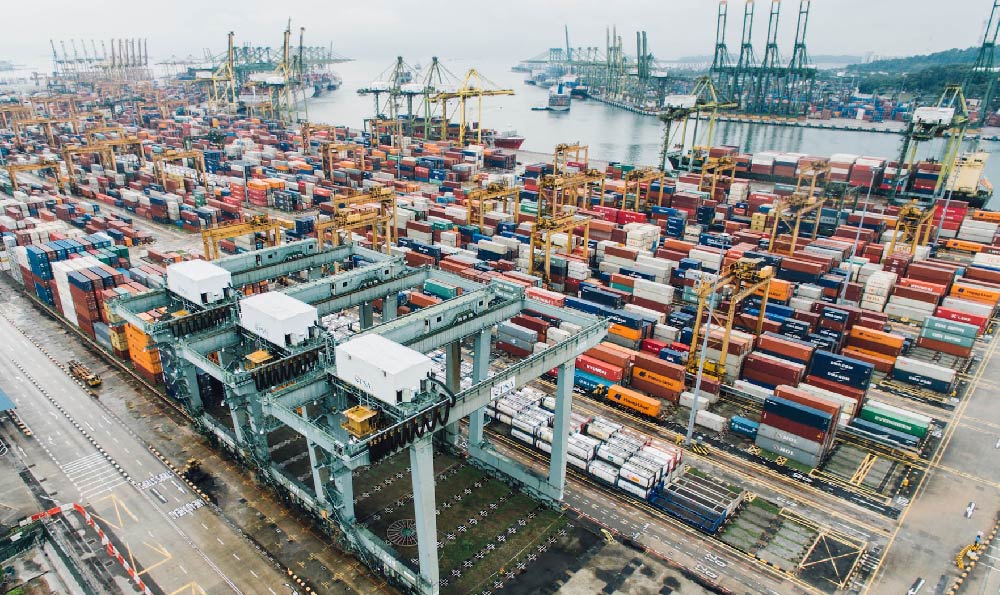
快遞物(wù)流行業在現代社會發揮着重要的作用。大(dà)家可能都有類似的經曆:等待很久才收到快遞包裹。盡管我(wǒ)們生(shēng)活在一(yī)個高度發達的國家,但爲什麽富國快遞物(wù)流如此緩慢(màn)呢?
二、運輸網絡不完善
富國的快遞物(wù)流問題可以追溯到不完善的運輸網絡。盡管大(dà)城市之間的物(wù)流通道相對暢通,但偏遠地區卻缺乏高效的運輸線路。在一(yī)些偏遠地區,快遞公司的車(chē)輛往往需要行駛數小(xiǎo)時才能到達目的地,這無疑會導緻物(wù)流時間的延長。
三、人力資(zī)源短缺
另一(yī)個導緻富國快遞物(wù)流緩慢(màn)的原因是人力資(zī)源短缺。随着經濟的發展,快遞包裹的數量不斷增加,但是相對于需求量,快遞員(yuán)的數量卻不足以應對。在繁忙的季節,快遞員(yuán)經常需要超負荷工(gōng)作,加之人員(yuán)緊張,使得物(wù)流速度急劇減慢(màn)。
四、管理問題
富國快遞物(wù)流緩慢(màn)還與管理問題有關。一(yī)些快遞公司在運營過程中(zhōng)存在管理不善的情況,導緻物(wù)流效率低下(xià)。包裹可能會在倉庫中(zhōng)長時間滞留,因爲無法高效地妥善處理。這些管理問題直接影響了快遞物(wù)流的速度和準确性。
五、技術設備滞後
同樣值得關注的是,富國快遞物(wù)流的發展并沒有跟上技術的進步。一(yī)些快遞公司的追蹤系統仍然采用傳統的手工(gōng)操作,這意味着包裹的處理速度大(dà)大(dà)降低。與此一(yī)些先進的物(wù)流技術設備,如無人機和自動化分(fēn)揀系統,尚未在富國的快遞業得到廣泛應用。
富國快遞物(wù)流的緩慢(màn)主要源于運輸網絡不完善、人力資(zī)源短缺、管理問題以及技術設備滞後等多個因素的綜合影響。要解決這些問題,需要政府、企業和個人共同努力。政府應加大(dà)對快遞物(wù)流行業的支持,加強基礎設施建設和人才培養。快遞公司需要改進管理機制,提高運營效率。個人也可以通過合理規劃收貨時間和選擇可靠的快遞公司來緩解物(wù)流緩慢(màn)的問題。隻有通過多方合作,才能提升富國快遞物(wù)流的速度和質量,爲人們提供更快捷、可靠的物(wù)流服務。










